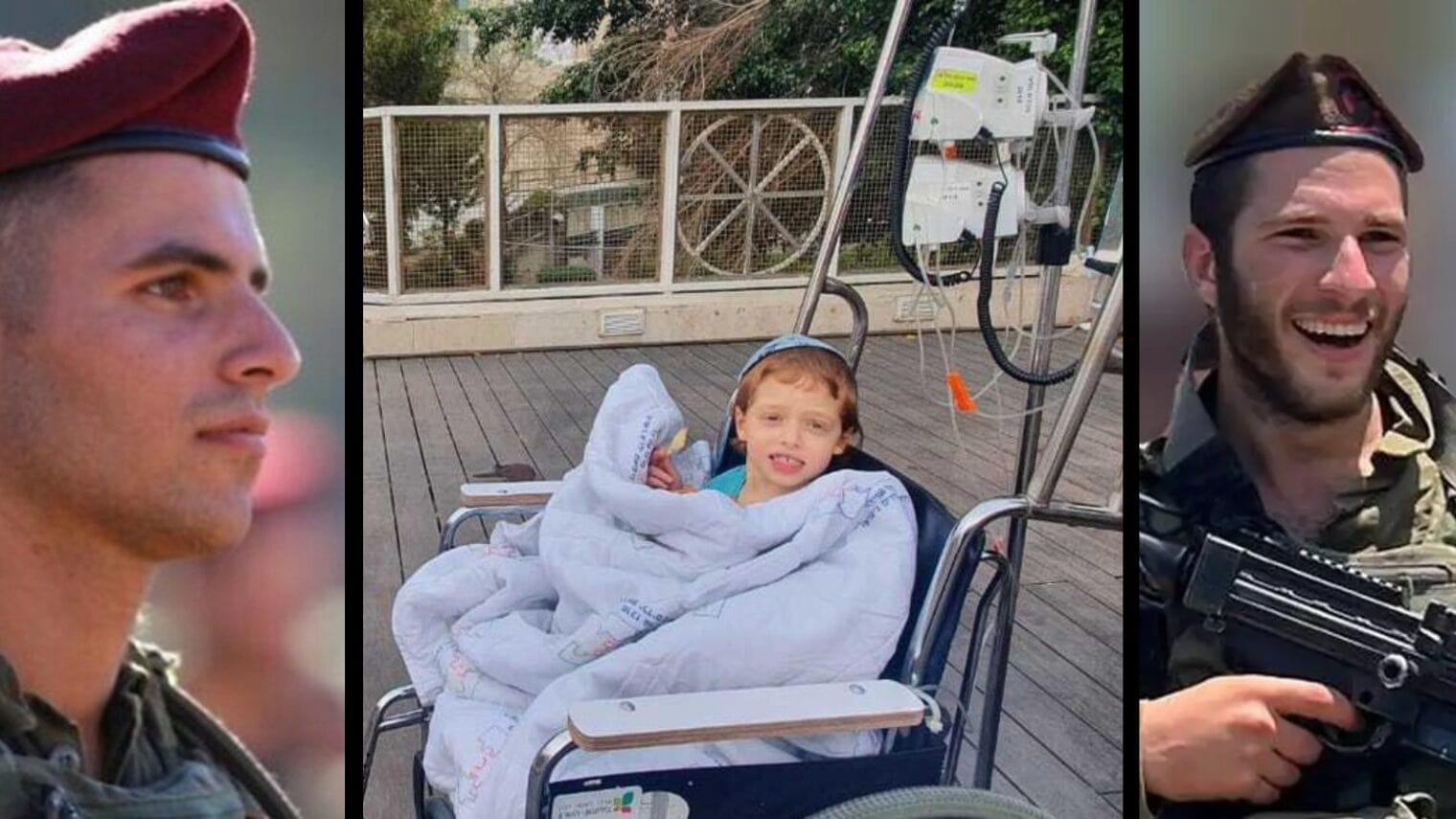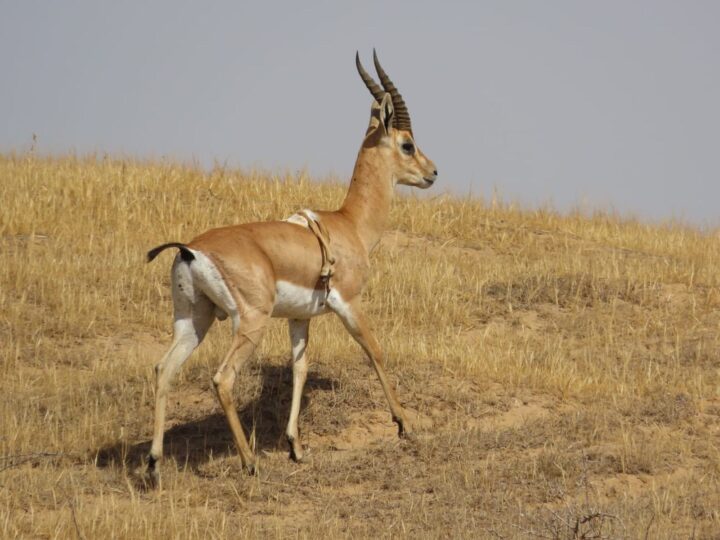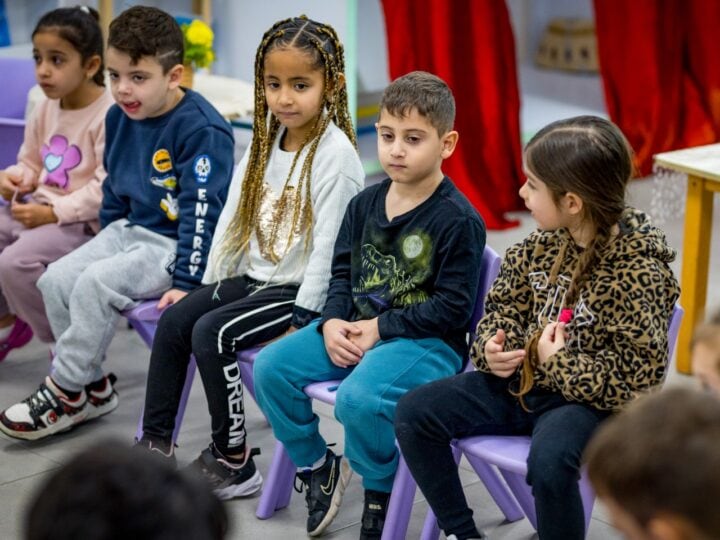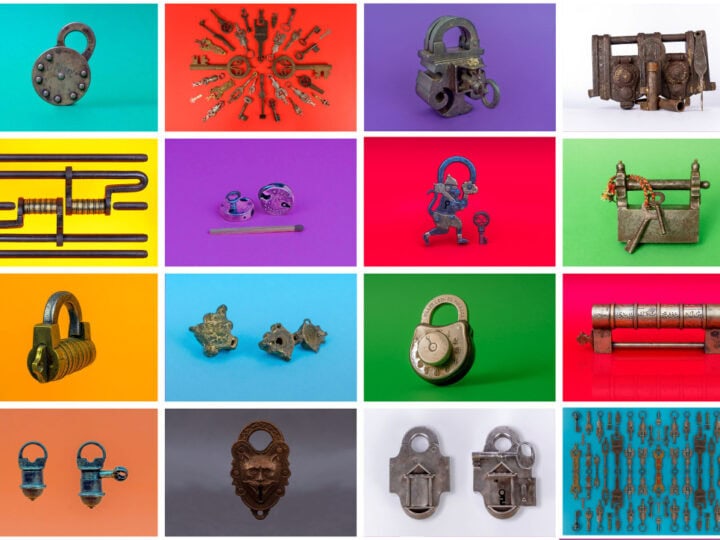Last week, two 23-year-old Israel Defense Forces soldiers saved many people in both their short lifetimes and their deaths.
Paratroop commander Roi Nahari and Golani Battalion trooper Amichai Rubin were killed by Hamas terrorists near the Gaza border, Nahari while fighting in Kfar Aza and Rubin while defending his base.
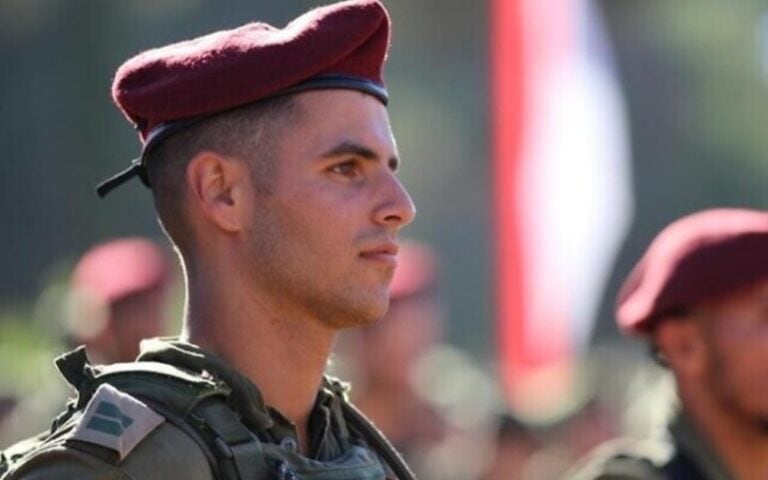
After their deaths were declared in the hospital, their families decided to donate their organs. In both cases, five organs were donated. This means that Nahari and Rubin saved numerous people in their last hours of life and 10 more after they died.
Dr. Yael Peled, medical director of the Heart Transplant Unit at Sheba Medical Center where Nahari’s heart was transplanted into a seriously ill patient, commented, “In these days when we face adversity, Roi, of blessed memory, and his family give us hope. Not only did Roi’s kind heart save the life of our patient, but it also teaches us about the goodness of human beings, generosity, partnership, and love for one another.”
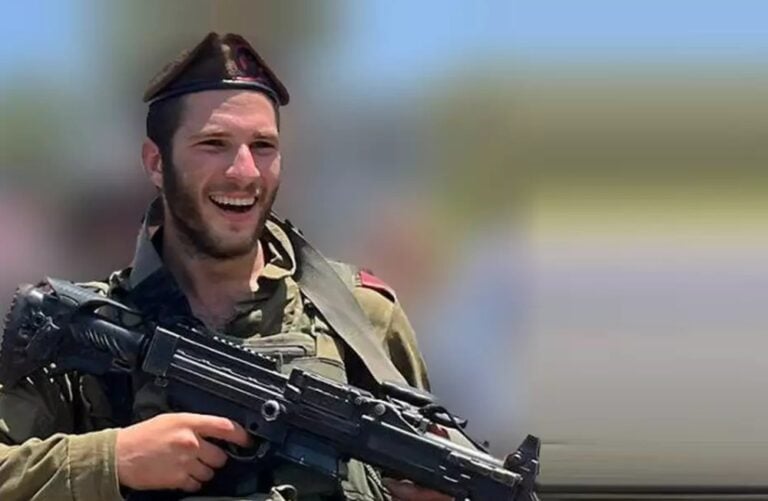
Rubin’s lungs went to a 70-year-old individual, his kidneys to a 29-year-old recipient and a seven-year-old recipient, part of his liver to a 23-year-old man and another liver lobe to an eight-year-old.
The eight-year-old’s father commented, “My child reveres soldiers. When he hears that his donor was a brave soldier, it will undoubtedly increase his strength.”
Rabbi Shlomo Brody, executive director of Ematai (an organization helping Jews navigate the healthcare dilemmas of aging and end-of-life treatment), wrote about visiting the shiva houses of these fallen soldiers.
“From the outside, they seem very different. Roi’s family lives in a secular, pastoral neighborhood outside of Jerusalem, while Amichai’s religious-Zionist family founded the garin torani [a religious outreach community] in Akko. Roi’s buddies wore earrings, Amichai’s brothers sported peyot [sidelocks],” Brody wrote.
“Yet once I began talking to the families, I quickly heard their shared love for this country alongside their pride, amidst all of the acute pain, that their loved one saved so many people in life and death. The values that unite us are greater than our external differences.”
According to Ematai, Nahari’s family decided to donate after their son’s twin brother, also a soldier, informed them that just one month ago, they had told each other that they would want to save others if the worst would happen to them.
Rubin’s family decided to donate after hearing from the rabbi at Hadassah Medical Center about the strong rabbinic support for organ donation within the religious Zionist world.
Brody shared that a newborn child has already been named after Amichai, whose name means “My nation lives.”




